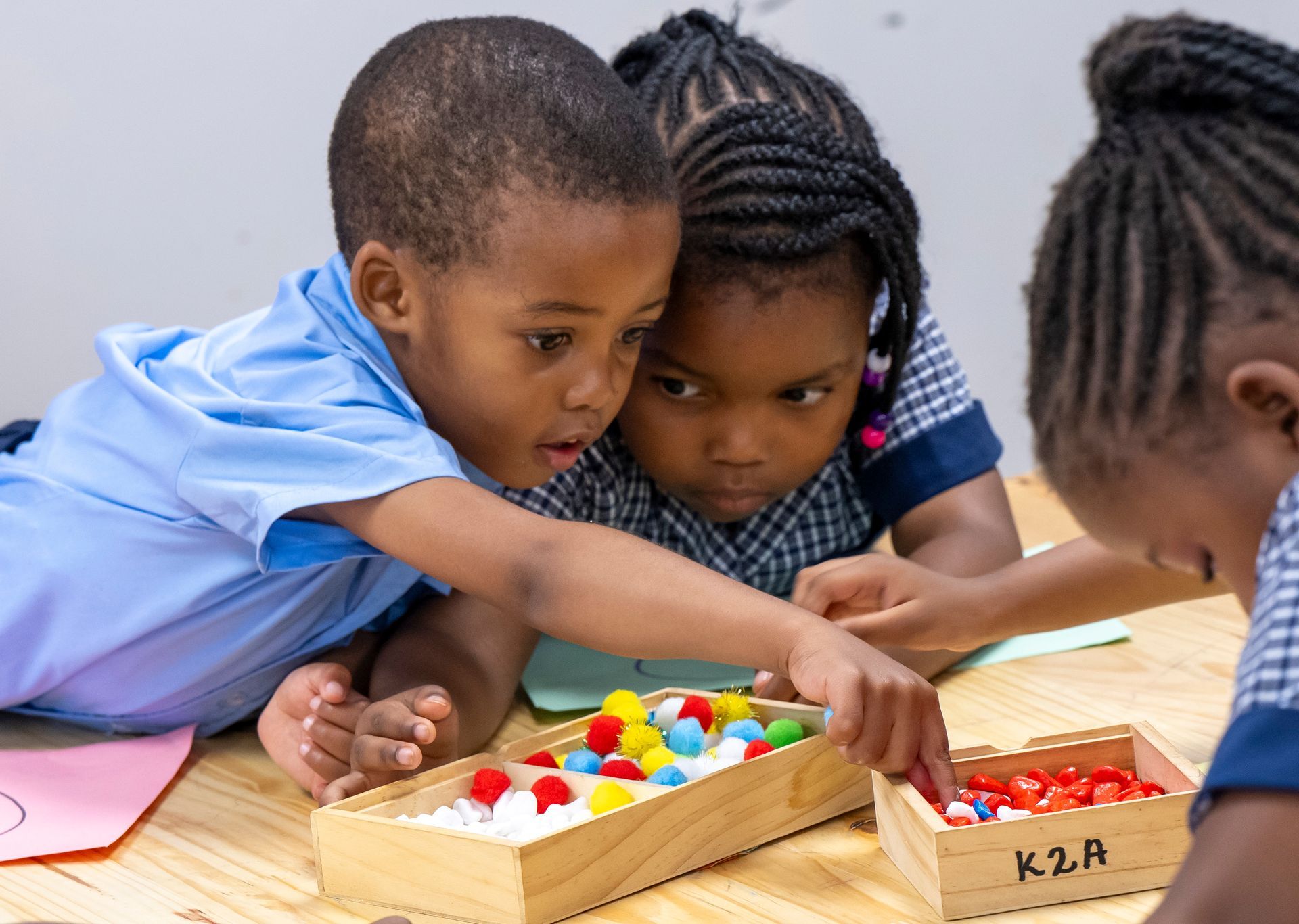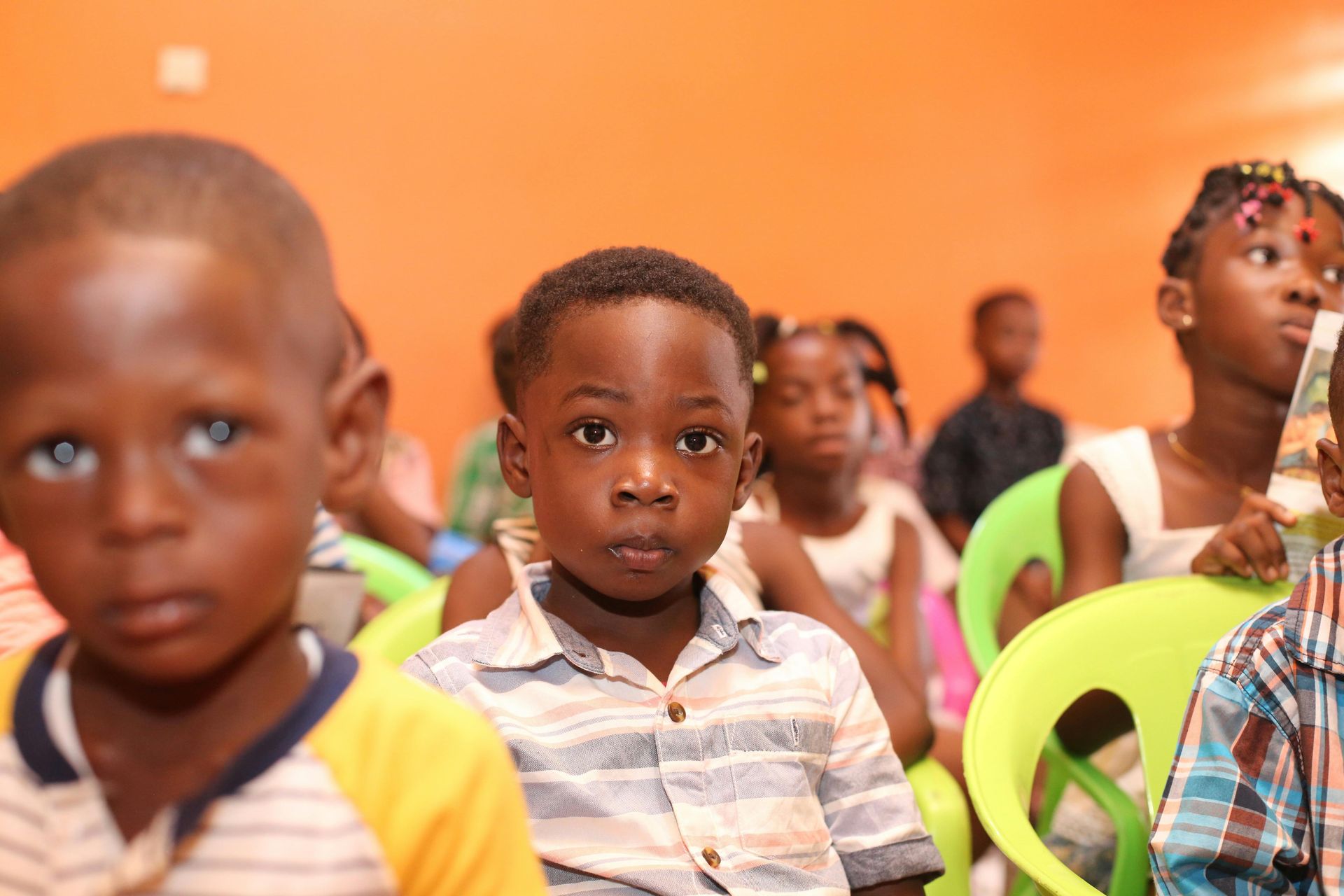The Importance of Parent-Teacher Relationships: Providing Guidance and Fostering Positive Communication
The education of a child is a collaborative effort that involves not only teachers but also parents. The relationship between parents and teachers plays a crucial role in shaping a student's educational journey. When parents and teachers establish a strong bond built on guidance and positive communication, it creates an environment that nurtures the child's development. In this article, we will explore the significance of this relationship and how it can benefit students.
Creating a Supportive Environment
A supportive environment is essential for a child's growth and well-being. When parents and teachers work together, they can create a unified front that supports the child's emotional and academic needs. By fostering a positive atmosphere, children feel safe, valued, and motivated to learn. This collaborative effort ensures consistency between home and school, promoting a cohesive educational experience.
Holistic Development
Parents and teachers have distinct roles in a child's holistic development. While parents provide the nurturing and loving environment at home, teachers facilitate learning in the classroom. By working hand in hand, parents and teachers can address the various aspects of a child's growth, including academic, social, emotional, and behavioural development. This holistic approach allows for a comprehensive understanding of the child, leading to more effective support and guidance.
Regular Communication
Open and regular communication between parents and teachers is vital. It establishes a strong foundation for understanding and collaboration. Through frequent updates, parents stay informed about their child's progress, strengths, and areas for improvement. Likewise, teachers gain valuable insights from parents regarding their child's unique characteristics, interests, and challenges. Timely communication ensures that any concerns or issues are addressed promptly, fostering a proactive approach to education.
Sharing Perspectives
The exchange of perspectives between parents and teachers is a powerful tool. Each party brings valuable insights and experiences to the table, which, when shared, contribute to a comprehensive understanding of the child. By actively listening to each other's perspectives, parents and teachers can gain deeper insights into the student's needs, strengths, and challenges. This collaborative approach helps tailor the educational experience to the individual child, maximizing their potential for success.
Parent Involvement
Parent involvement extends beyond attending parent-teacher conferences. Active participation in school activities, volunteering, and supporting learning at home are all valuable ways parents can engage with their child's education. When parents are actively involved, it sends a strong message to the child that education is important and valued. Research shows that children with involved parents are more motivated, have better attendance rates, and perform better academically.
Problem Solving and Support
One of the most significant benefits of a strong parent-teacher relationship is the ability to collaborate in problem-solving and support. When challenges arise, parents and teachers can work together to identify solutions and implement appropriate interventions. By pooling their resources and expertise, they can provide the necessary support and guidance to address academic or behavioural issues effectively. This collaboration creates a safety net for the child, ensuring their needs are met comprehensively.
The relationship between parents and teachers is a vital component of a child's educational journey. By providing guidance and fostering positive communication, parents and teachers create a powerful support system that nurtures a child's growth and development. Through a supportive environment, holistic approaches, regular communication, sharing perspectives, parent involvement, and collaborative problem-solving, children receive the best possible education. Let us continue to recognize and value the importance of the parent-teacher relationship for the benefit of our students' overall well-being and success.



WHERE TO FIND US
+267 316 2230
Plot No. 37224 Block 8 Off Western By-Pass GABORONE, BOTSWANA
